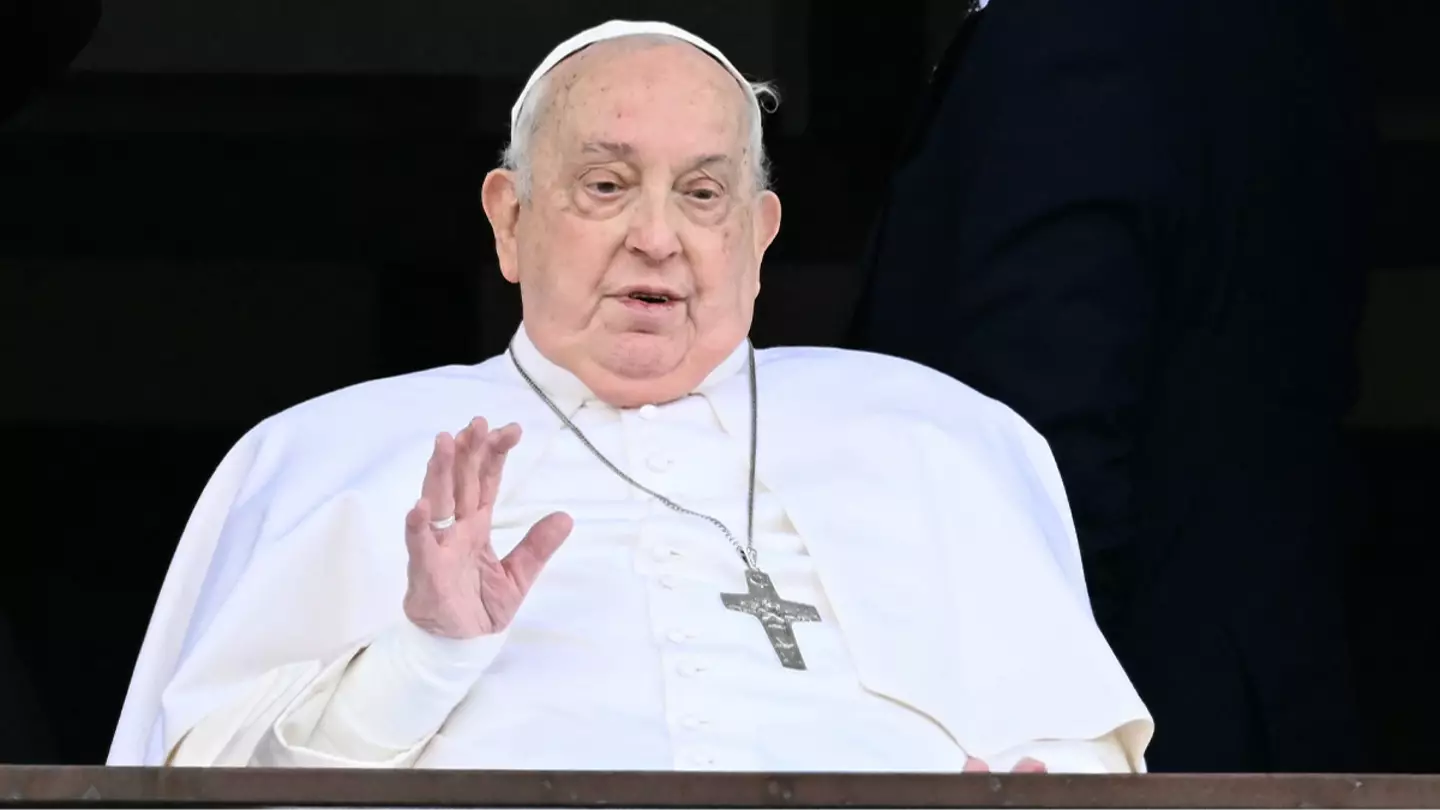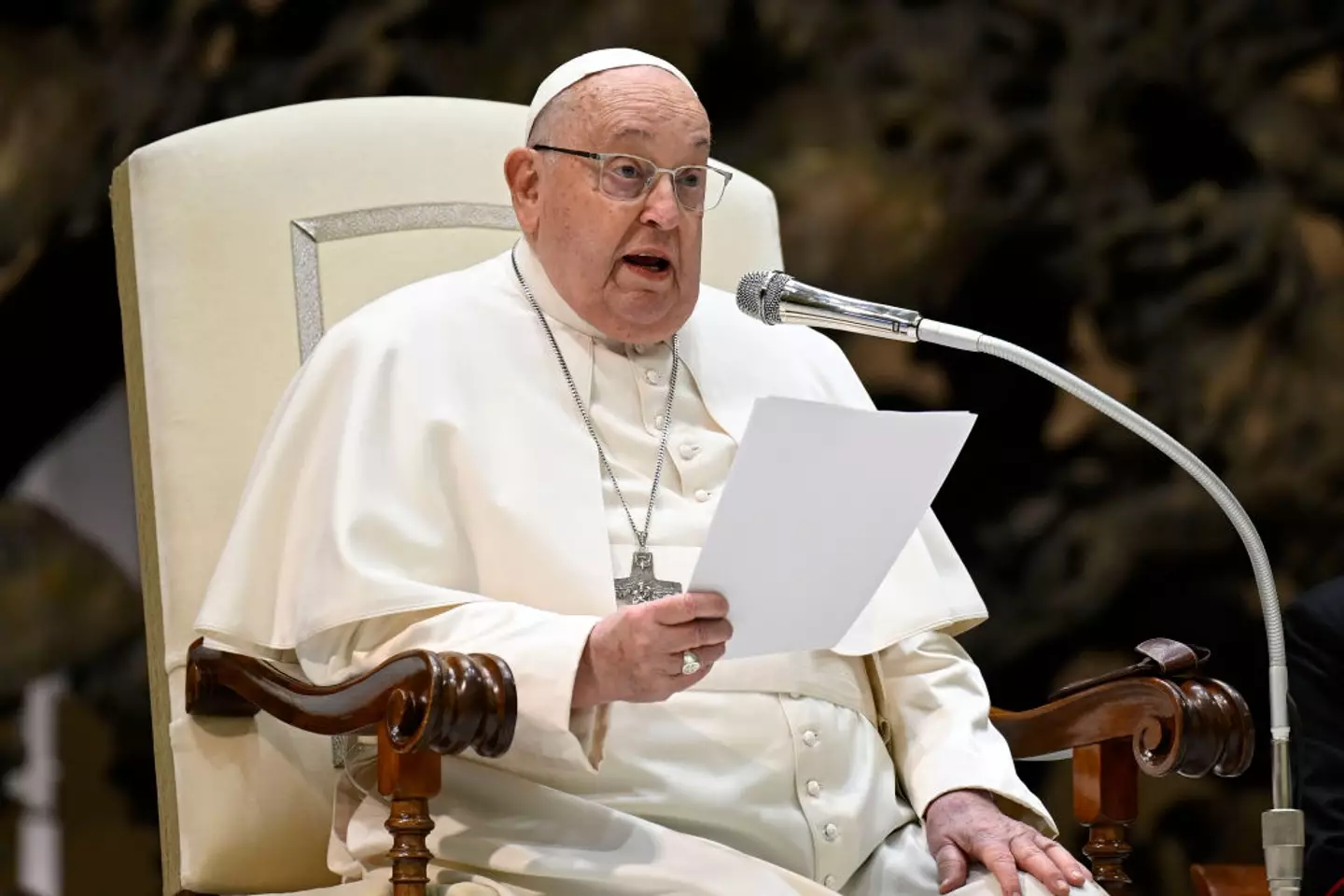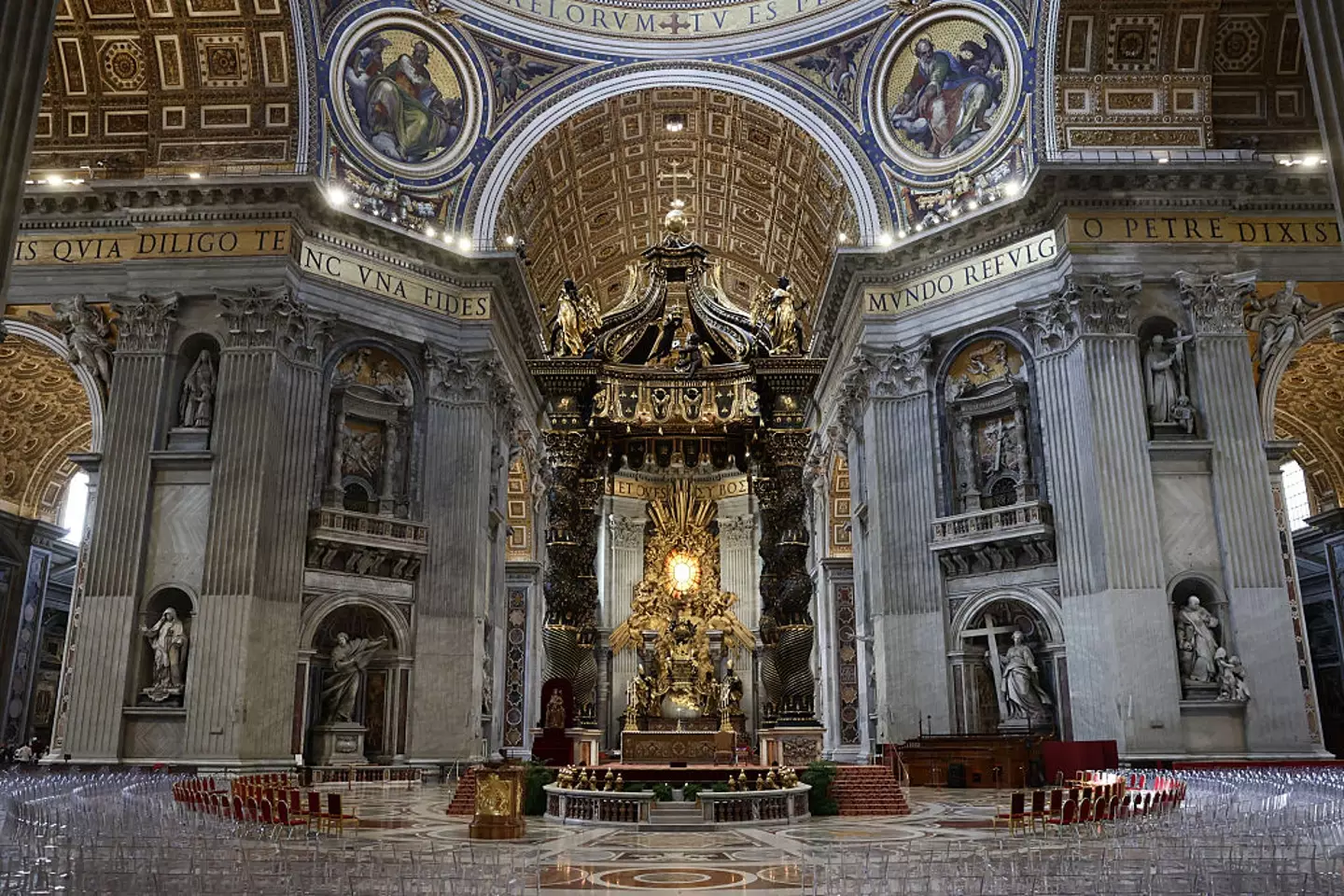
There is a lengthy and somewhat secretive process involved in electing a new pontiff in the wake of Pope Francis' death.
Earlier today (Monday, April 21), the Vatican confirmed the Holy Father and head of the Roman Catholic Church has died.
Pope Francis, whose real name was Jorge Mario Bergoglio, was elected to be pope in March 2013, and died after a brief health battle with a respiratory infection.
Now, there will be a lengthy period while the pope is laid to rest and respects are paid to the late pontiff, which includes nine days of mourning, before a new pope is chosen to take his place.
Advert

The College of Cardinals, a group made up of the Catholic church's most senior figures as appointed by the late pontiff, are tasked with choosing the next pope under a veil of secrecy.
There are more than 220 cardinals from more than 70 countries but only about 120 are cardinal electors, two-thirds of whom were chosen by Francis over the course of the last decade.
It is believed the group share the late pontiff's vision for a more inclusive church.
The group will make their way to Rome in the next few days for the conclave, which comes from the Latin 'cum clave' which translated to 'with key.'
Once gathered and the words 'extra omne' are uttered, meaning everyone out, they meet under Michelangelo’s ceiling in the Sistine Chapel and lock the doors to deliberate on their choices.
They swear an oath of absolute secrecy for the discussions and are prohibited from speaking to anyone else while the election process goes on, only allowed to sleep and eat in the nearby hostel, St Martha's house where the late pope lived for 12 years.
To this end, their phones are taken away and they have no newspapers or televisions, and they cannot receive letters or messages.
The chapel is also searched for any listening devices ahead of the conclave.
They vote each day, morning and afternoon, until eventually a candidate wins a two-thirds majority.

They then have a day's break for prayer and reflection after seven ballots is made, and if there is no conclusive result after 30 ballots, a new pope will be elected on a lower boundary of a simple majority.
The ballot cards are also burned during the voting, with chemicals added to them to make the smoke burn black or white.
Black indicates there was an inconclusive ballot while white smoke announces to the world that a decision has been made.
The longest papal conclave was in 1922, where the group took five days to choose.
Any baptised man can be considered for election, although a serving cardinal is often chosen.
The successful candidate is then asked if he accepts election and his new name as pontiff, from which the dean of the cardinals announces to the world the new pope from the balcony of St Peter's Basilica.
Meanwhile, Pope Francis, as what was somewhat his style as head of the Church, revealed in an interview in 2023 that he would go against tradition and will be laid to rest in the basilica of Santa Maria Maggiore in Rome.
He was also the first pope to have been born or raised outside Europe since the Syrian Pope Gregory III, some 1,200 years ago, after being born in Argentina.
Francis was praised during his lifetime for his progressive attitude and humility, from the war in Ukraine to the climate emergency, global injustice and refugees and even LGBTQ+ rights, and many believe the new pope will share these similar views.
Topics: Pope Francis, Catholic Church, Religion, World News